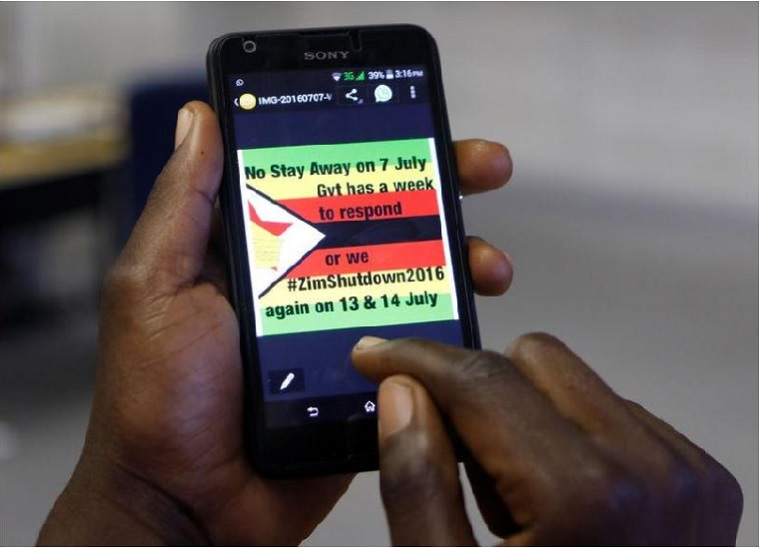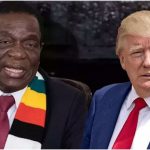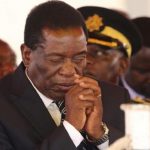This happened in Ethiopia during the internet shutdown following the ‘coup attempt’ in June 2019.
Other states have taken more sustained measures to curtail the use of digital platforms. Tanzania, for instance, outlaws the spreading of ‘false’ information under its Cybercrimes Act.
UK academic Charlotte Cross explores the law’s origins and implementation. She also highlights the heavy burden that individuals have paid for criticising the government on social media.
Social media’s complex symbiotic relationship with mainstream media is still evident in powerful ways.
Somalia specialist Peter Chonka, for example, argues that the blurring of public and private boundaries inherent in the country’s social media environment can be disruptive.
It has resulted in a lack of coherence in political communication by state actors. This further challenges their legitimacy.
Tensions between traditional and modern forms of communication are reflected in the online clash of views over ‘appropriate’ online content, moral values and perceived threats to national security.
Media scholar Brian Ekdale highlights the debates around ‘morality’ in social media content. He researched a Kenyan government official’s attempts to block a local art collective’s music video that had been uploaded to YouTube.
Ekdale then considers what this shows about the ongoing tensions between global media technology giants and local users and regulators on the continent.
Social media is more than views and opinions shared online. The technology can also help orchestrate protests that move beyond the digital realm.
Two studies look at this. One is by George Karekwaivanane and Admire Mare on the #ThisFlag campaign’s efforts to remove Robert Mugabe from power in Zimbabwe.
The other is Tanja Bosch’s analysis of the #ZumaMustFall movement’s attempts to remove Jacob Zuma from the presidency of South Africa.
Both detail the role that social media can play alongside physical demonstrations on the streets. They each also draw attention to the numerous challenges that these movements faced.
In doing so, they contribute to Bruce Mutsvario and Kate Wright’s argument that a better understanding is needed about the preconditions of effective digital activism.
Finally, Denis Galava argues that increased social media legislation in East Africa is part of a wider historic pattern of systemic state surveillance of the region’s citizens.
These contributions highlight an important point made in this book. Any credible research into social media should be permeated by an acute awareness of how the past informs the present.
By Maggie Dwyer and Thomas Molony for The Conversation
(136 VIEWS)


